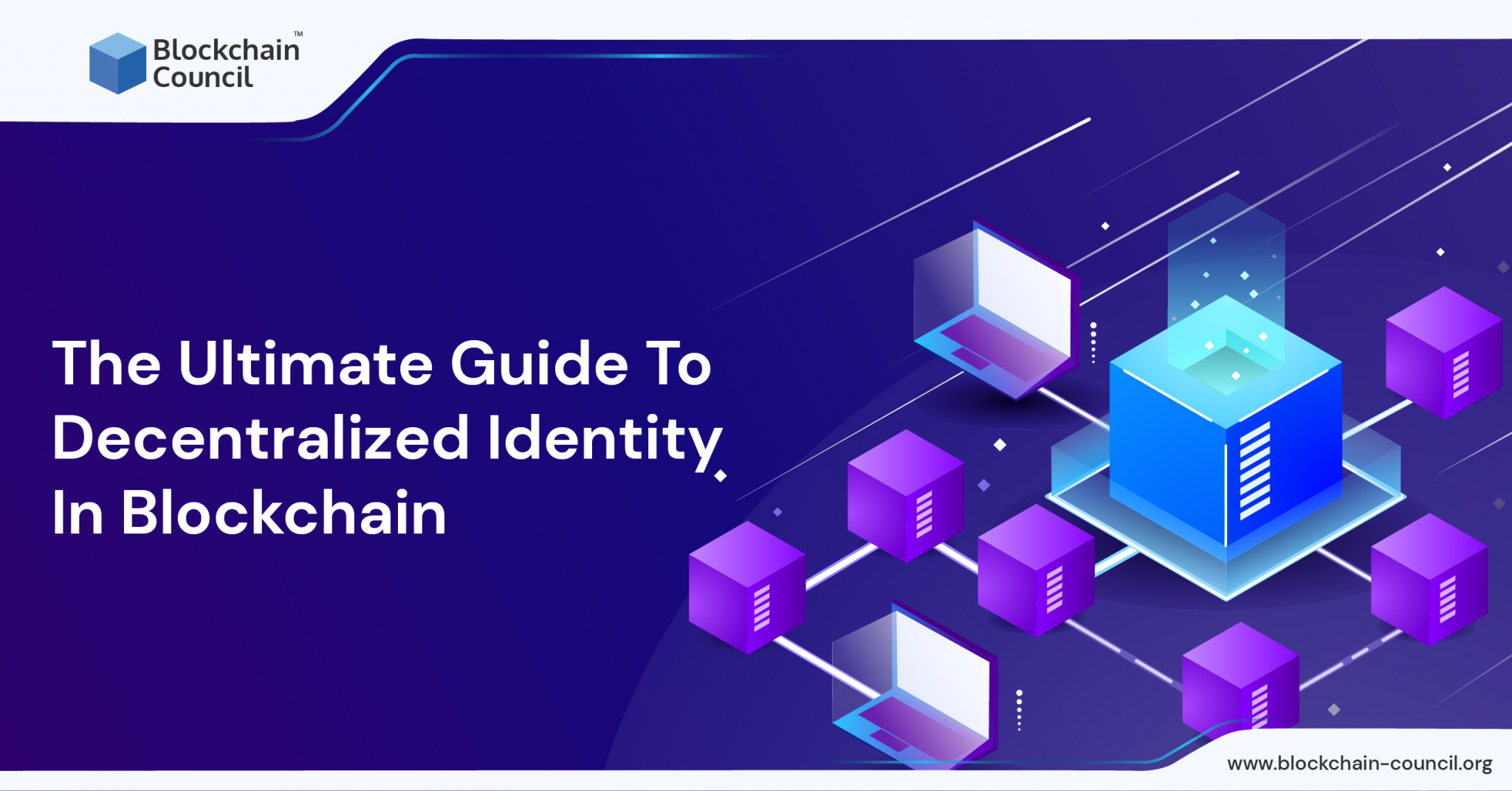Decentralized Identity Verification: How Blockchain Is Revolutionizing The Future Of Authentication
Decentralized Identity Verification: How Blockchain is Revolutionizing the Future of Authentication

- Protecting Your Digital Legacy: A Guide To Securing Your NFTs In 2024
- What Is A Security Token Offering Sto And How Is It Different From Icos
- Minting Your Masterpiece: Exploring The Best NFT Platforms For Creators
- Unlocking The Power Of Secure Identity Verification: The Cryptocurrency Revolution
- Bitcoin Halving: A Catalyst For Cryptocurrency Market Volatility
Imagine a world where your personal identity is not controlled by governments or corporations, but by you. A world where you have complete autonomy over your digital footprint, and the freedom to share or withhold your personal data as you see fit. Sounds like science fiction, right? But what if I told you that this world is not only possible, but it’s already here, thanks to the power of blockchain technology.
In recent years, blockchain has been touted as a game-changer for everything from finance to healthcare to supply chain management. But one of its most exciting applications is in the field of decentralized identity verification. In this article, we’ll explore the future of identity verification, and how blockchain is leading the charge.
The Problem with Traditional Identity Verification
Traditional identity verification methods, such as passports and driver’s licenses, are controlled by centralized authorities. This means that your personal data is stored in a single location, making it vulnerable to hacking and theft. We’ve all heard the horror stories about massive data breaches, where millions of people’s sensitive information is compromised. It’s a stark reminder that our current system is broken.
But that’s not the only problem. Traditional identity verification methods are also inflexible and limited. If you want to prove your identity online, you’re often forced to create a new account every time you sign up for a new service. This can lead to a cumbersome and fragmented online experience, where you have to remember multiple usernames and passwords.
Blockchain to the Rescue
So, how does blockchain change the game? In a decentralized identity verification system, your personal data is stored on a blockchain, which is a distributed ledger that’s maintained by a network of computers around the world. This means that your data is not controlled by a single entity, but is instead spread across a vast network of nodes.
When you want to prove your identity online, you can use a blockchain-based digital identity wallet to share your credentials with the websites and services you interact with. This wallet is linked to your blockchain address, which is a unique string of characters that identifies you on the blockchain.
One of the most exciting things about blockchain-based identity verification is that it’s completely decentralized. You don’t need to rely on a third-party authority to verify your identity; the blockchain itself serves as the ultimate authority. This means that you have complete control over your personal data, and can share or withhold it as you see fit.
The Benefits of Decentralized Identity Verification
So, what are the benefits of decentralized identity verification? For one, it’s much more secure than traditional methods. Because your data is stored on a blockchain, it’s virtually impossible to hack or steal. And because the blockchain is decentralized, you don’t have to worry about a single point of failure.
Another benefit is that decentralized identity verification is much more flexible than traditional methods. With a blockchain-based digital identity wallet, you can use the same credentials to log in to any website or service, without having to create a new account every time.
Finally, decentralized identity verification gives you complete control over your personal data. You can choose to share or withhold your data as you see fit, and you can even vote on the terms and conditions of your data sharing agreements.
The Future of Identity Verification
So, what does the future of identity verification hold? As blockchain technology continues to evolve, we can expect to see more and more decentralized identity verification systems emerge. These systems will be more secure, more flexible, and more empowering for individuals than traditional methods.
In the not-too-distant future, we can expect to see blockchain-based identity verification systems being used in a wide range of applications, from online banking to healthcare to social media. And as the technology continues to mature, we can expect to see even more innovative applications emerge.
In conclusion, decentralized identity verification is the future of authentication. With blockchain technology leading the charge, we’re on the cusp of a revolution in the way we think about identity and data sharing. Get ready for a future where you’re in control of your own identity, and where you can share or withhold your personal data as you see fit. The future is decentralized, and it’s here now.
